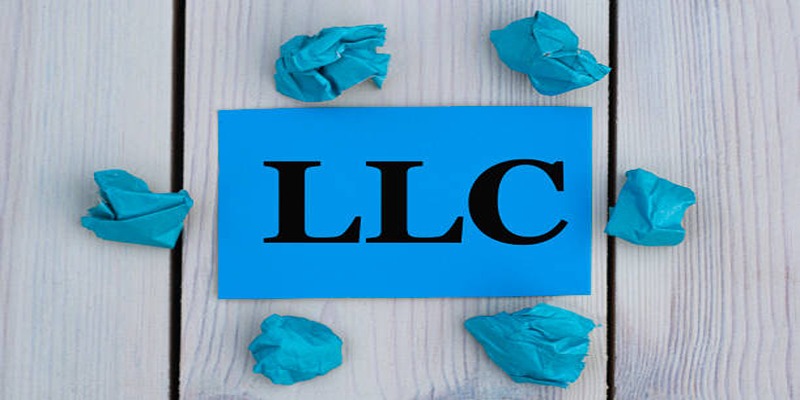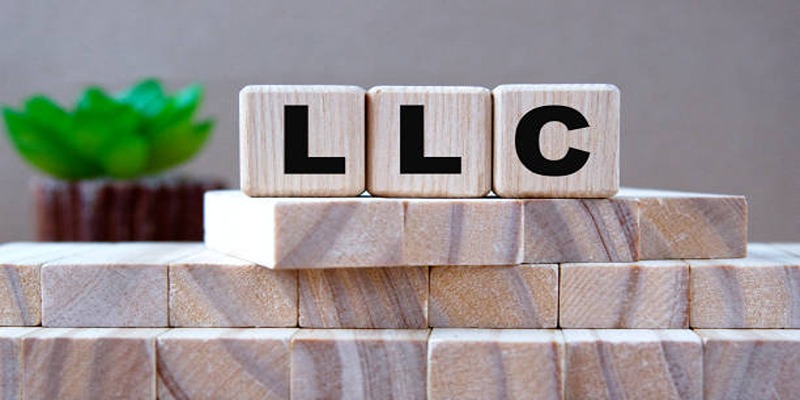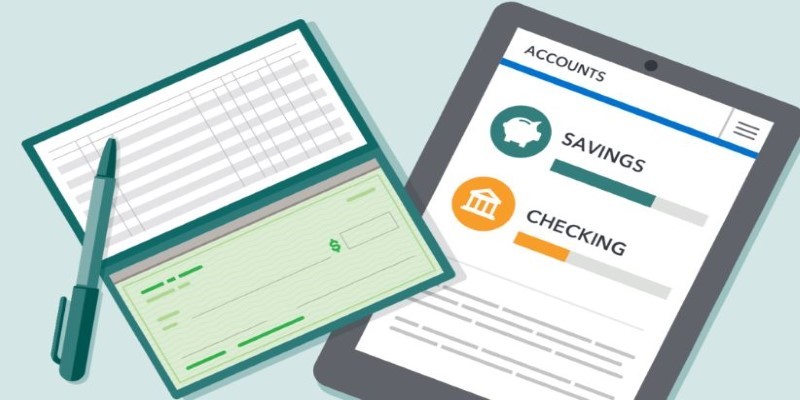A Limited Liability Company (LLC) represents a wise and versatile choice for people or businesses to purchase real estate. The protection of personal assets along with tax simplification and privacy benefits are some reasons why buying property through an LLC makes sense. A step-by-step guide presents essential information about building an LLC including setup methods and advantages besides potential disadvantages.
What is an LLC?

A Limited Liability Company is a business structure that offers liability protection to its owners while allowing taxation flexibility. Unlike sole proprietorships or partnerships, an LLC separates the company’s assets and debts from that of its owners, providing a layer of legal protection in case of lawsuits or financial disputes.
An LLC is particularly advantageous for real estate investors as it allows you to own property under the company’s name instead of your personal name.
Why Buy Property with an LLC?
1. Liability Protection
The primary reason investors use an LLC for property purchases is liability protection. If someone gets injured on your property and sues, your personal assets (like your savings, car, and primary residence) could be at risk if the property is owned in your name. With an LLC, only the company's assets are exposed to legal claims, not your personal ones.
2. Tax Flexibility
With an LLC, you have several options for how your income is taxed:
- Multi-member LLCs can opt to be taxed as a partnership, S-corp, or C-corp, giving you control over how to minimize your tax obligations.
This flexibility means you can choose the structure most advantageous for your financial goals.
3. Asset Management and Separation
If you own multiple properties, placing each one under a separate LLC helps compartmentalize your risks. For example, if one property incurs a liability or financial issue, it won’t impact the others since they’re legally separated. This also streamlines property management, allowing you to track the income and expenses of each investment independently.
4. Professional Credibility
Owning property under an LLC adds a level of professionalism and credibility to your business, particularly if you're buying commercial real estate or plan to grow a portfolio. Banks, lenders, and tenants often view LLC ownership as a sign of a well-organized, serious investor.
Challenges of Using an LLC for Property Purchases
While there are many benefits, buying property with an LLC isn’t without its downsides.
1. Upfront Costs and Annual Fees
To set up an LLC, you’ll need to pay a registration fee ranging from $50–$500, depending on your state. Additionally, most states charge annual renewal or "franchise" fees, which can range from $50 to several hundred dollars.
2. Complexity of Mortgages
Obtaining a mortgage under an LLC is generally more expensive and difficult than doing so as an individual. Lenders tend to charge higher interest rates and require a larger down payment for LLCs since they view them as higher-risk borrowers.
3. Loss of Certain Tax Benefits
Certain tax benefits, such as the capital gains exclusion on the sale of a primary residence, are not available when the property is owned by an LLC.
4. Strict Legal Requirements
To maintain your LLC’s liability protection, you must follow specific legal requirements, such as keeping your personal and business finances separate. Failure to comply with these rules could lead to "piercing the corporate veil," making the LLC owners personally liable.
Steps to Buying Property with an LLC
If you’re ready to move forward with purchasing real estate under an LLC, follow these steps to streamline the process and stay compliant.
Step 1: Form Your LLC
- Choose a Name: Select a unique name for your LLC that adheres to your state’s naming rules. Most states require the words “LLC” or “Limited Liability Company” to appear in the name.
- File Articles of Organization: Submit the necessary documents to officially register your LLC. This process varies by state, but it typically involves filing articles of organization with the Secretary of State’s office.
- Obtain an EIN (Employer Identification Number): Get an EIN from the IRS, which you’ll use for tax purposes and opening a business bank account.
Step 2: Open a Business Bank Account
Open a dedicated bank account for your LLC. This ensures your finances remain separate, a crucial aspect for maintaining liability protection.
Step 3: Build Your Credit Profile
If your LLC is newly established, lenders may require you to personally guarantee the loan for your property purchase. Over time, building your LLC's credit through small business loans or credit accounts can eliminate this requirement.
Step 4: Secure Financing
Before making an offer on a property, get pre-approved for a business loan or commercial mortgage. Prepare to provide thorough documentation, including your LLC's articles of organization, operating agreement, and financial statements.
Step 5: Conduct Due Diligence
Once you’ve found an ideal property, research it thoroughly. Look at zoning regulations, property taxes, and potential liabilities. Working with a real estate attorney can help ensure the purchase aligns with your LLC’s goals.
Step 6: Close the Deal
At closing, title the property under your LLC rather than your personal name. Make sure all contracts, loan agreements, and insurance policies reflect your LLC as the owner.
When Does Purchasing Property with an LLC Make Sense?

An LLC is ideal if you’re a real estate investor managing multiple properties or purchasing commercial property. It’s also a smart move if you’re concerned about potential legal risks, such as tenant disputes or liability exposure.
However, for those buying a single-family home for personal use, an LLC may not be necessary unless there are unique liability concerns or business advantages.
Final Thoughts
Buying property with an LLC can provide significant advantages for investors, including liability protection, tax flexibility, and professional credibility. However, the process involves additional costs and complexities that must be carefully evaluated. If you’re considering this route, consult with a real estate attorney or financial advisor to ensure it aligns with your investment goals and long-term strategy.












